What Are Dental Crowns?
Dental crowns are custom-made restorations that cover and protect damaged, decayed, or weakened teeth. They restore the tooth’s shape, strength, and appearance allowing you to chew comfortably, smile confidently, and preserve long-term oral health. Crowns can be placed on natural teeth or dental implants.
Procedure Name
: Dental Crowns
Visit Time
: 6 Days
Number of Visits
: 1
Recovery Time:
: Immediate (Minor Sensitivity Possible)
Anesthesia
Local Anesthesia
Benefits of Dental Crowns
Protects and strengthens damaged teeth Shields cracked, worn, or root canal-treated teeth from further damage.
Restores natural shape and function Enables normal chewing, speech, and bite alignment.
Improves aesthetics Matches the color and contour of your natural teeth for a seamless smile.
Long-lasting results With proper care, crowns can last 10–15+ years.
Versatile applications Used for single-tooth restoration, bridges, or implant-supported prosthetics.
Minimally invasive Requires minimal tooth reduction and offers fast recovery.
Custom-designed for each patient Tailored to your bite, gum line, and aesthetic preferences.
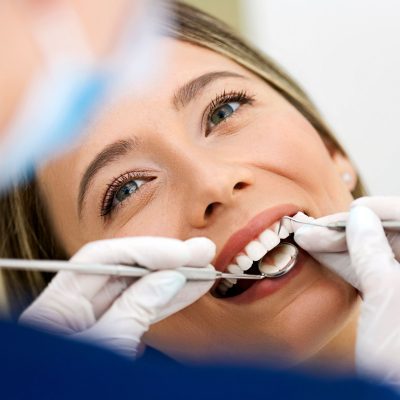
Dental Crown Treatments at Yeditepe
At Yeditepe University Dental Hospital, we offer precision-crafted dental crowns using advanced materials and digital design. Our prosthodontists ensure each crown fits perfectly, functions naturally, and blends beautifully with your smile. Whether you need a single crown or full-mouth rehabilitation, your treatment is guided with care, accuracy, and long-term vision.
1.Treatment by Specialized Doctors
Your smile makeover is planned and performed by experienced prosthodontists and cosmetic dentistry specialists.
2.International Accreditations
Our JCI and CODA certifications reflect globally recognized standards in safety, hygiene, and clinical care.
3.Healthy Smile, Lasting Beauty
We prioritize dental health within every aesthetic decision ensuring long-term comfort, function, and beauty.
4.Natural Results, Trusted Quality
We use high-quality, biocompatible materials and advanced imaging for lasting, natural results.
5.In-House Design & Production
Each veneer and crown is crafted on-site with precision cutback and layering, delivering faster results and a natural, handcrafted finish.
6.Smile Mockup Preview
Before final application, patients try their new smile design in clinic ensuring fit, comfort, and aesthetic harmony.
What Materials Are Used for Crowns?
1. Full Porcelain / Emax
These crowns are crafted from high-strength ceramic and offer exceptional aesthetics. Their translucency mimics natural enamel, making them ideal for front teeth and smile zone restorations. Emax is gentle on surrounding teeth and highly biocompatible.
Best for: Front teeth, patients seeking natural-looking results
Advantages: Aesthetic, metal-free, enamel-like clarity
Limitations: Less suitable for heavy bite forces or molars
2. Zirconium
Zirconium crowns are extremely durable and resistant to fracture. They are ideal for molars, implant-supported crowns, and patients with strong bite pressure. Modern zirconium also offers excellent aesthetics, especially when layered with ceramic.
Best for: Molars, implant crowns, full-arch restorations
Advantages: High strength, biocompatible, stain-resistant
Limitations: Slightly less translucent than porcelain
3. Porcelain-Fused-to-Metal (PFM)
PFM crowns combine a metal base with a porcelain overlay. They offer a balance between strength and aesthetics, making them suitable for both front and back teeth. Over time, the metal margin may become visible near the gum line.
Best for: Mixed restorations, bridges, back teeth
Advantages: Strong, cost-effective, widely used
Limitations: May show metal edge, less aesthetic than full ceramic options
Is a Dental Crown Right for You?
Teeth with discoloration or surface stains
Minor chips, cracks, or worn edges
Small gaps or uneven spacing
Asymmetrical or misshapen teeth
Patients seeking a brighter, more harmonious smile
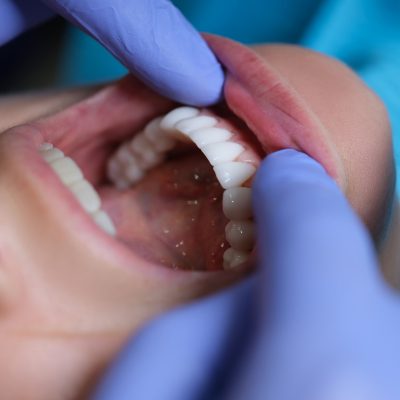
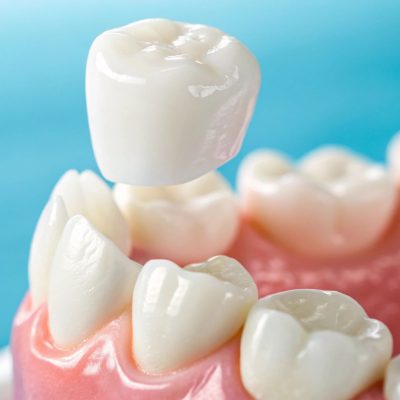
Step-by-Step Dental Crown Procedure
Step 1: Consultation & Radiographic Assessment Clinical evaluation and imaging to assess tooth structure and determine crown type.
Step 2: Tooth Preparation Minimal reshaping of the tooth under local anesthesia to create space for the crown.
Step 3: Digital or Physical Impressions Capturing the exact shape of your tooth and bite for custom crown fabrication.
Step 4: Temporary Crown Placement A temporary crown is placed to protect the tooth while your permanent crown is being made.
Step 5: Final Crown Placement Your custom crown is bonded securely to the tooth, restoring full function and aesthetics.
Healing & Aftercare
Mild sensitivity is normal for a few days—avoid extreme temperatures.
Brush and floss daily, especially around the crown margins.
Avoid sticky or hard foods that may dislodge temporary crowns.
Attend regular dental check-ups to monitor crown integrity and gum health.
Use a night guard if you grind your teeth to protect your crown.
Maintain excellent oral hygiene to ensure long-term success.
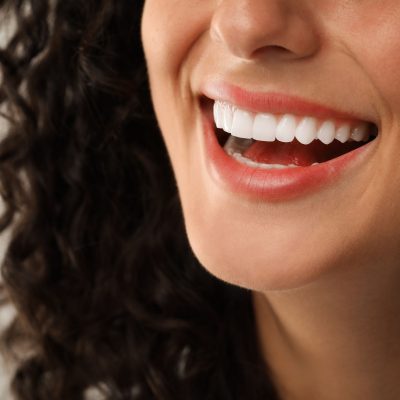
Our Doctors
Meet Our Prosthetic & Cosmetic Dentistry Doctors
Dental Crown Before & After

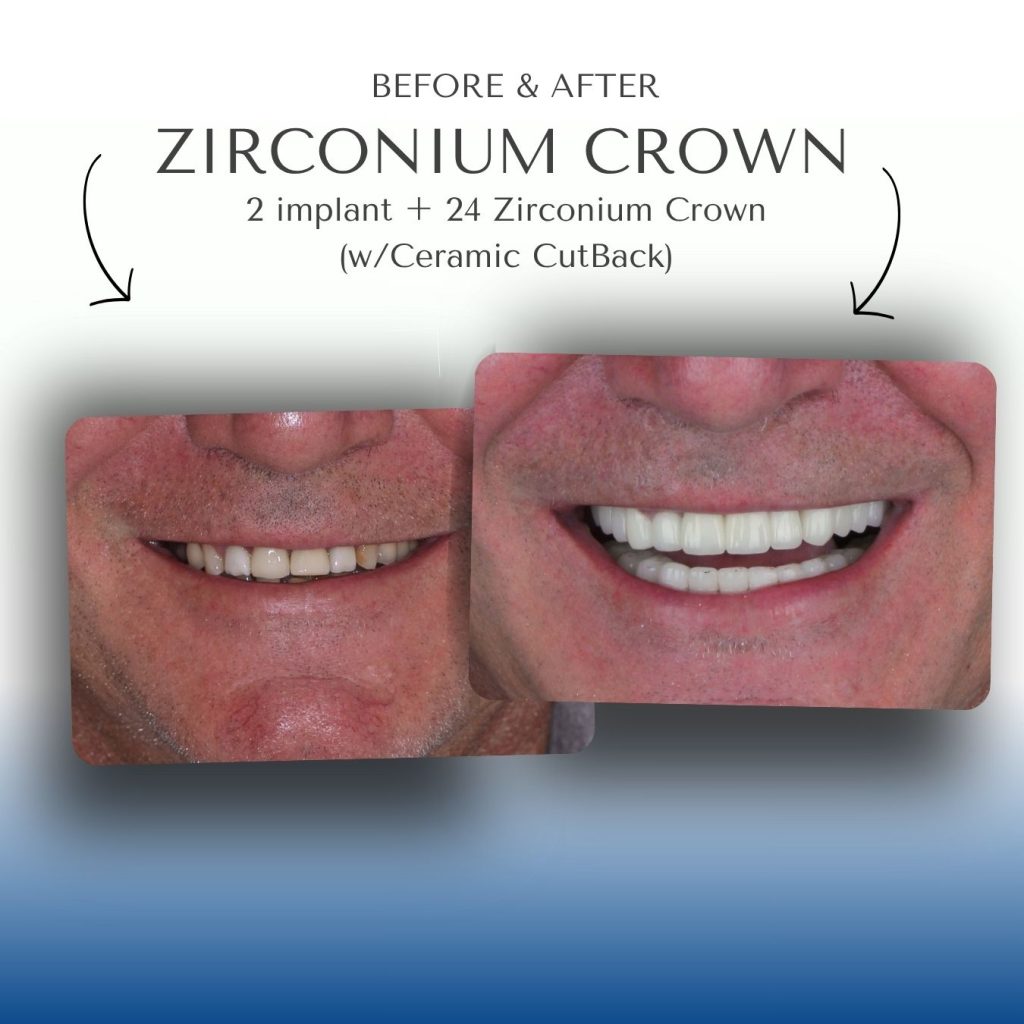


FAQ About Dental Crowns
Crowns are recommended for teeth that are cracked, worn down, heavily filled, or treated with root canal therapy. They’re also used to restore dental implants or support bridges.
Crowns are recommended for teeth that are cracked, worn down, heavily filled, or treated with root canal therapy. They’re also used to restore dental implants or support bridges.
We offer crowns in zirconium, full porcelain (Emax), and porcelain-fused-to-metal (PFM). Each material has unique advantages in terms of strength, aesthetics, and cost. Your dentist will help you choose the best option for your needs.
Typically, three visits are required: The first visit includes tooth preparation and impressions for your custom crown. The second visit is for infrastructure check, ensuring the fit and stability of the underlying structure. The third visit is for final crown placement. The entire process is usually completed within 6–7 days.
No. The tooth is prepared under local anesthesia, and most patients report minimal discomfort. Temporary sensitivity may occur after placement, but it usually resolves quickly.
Yes. A temporary crown is placed after the first visit to protect your tooth while the permanent crown is being crafted.
With proper care and regular dental check-ups, crowns can last 10–15+ years. Avoiding hard foods and maintaining good oral hygiene helps extend their lifespan
Yes. Once your permanent crown is placed, you can eat normally. During the temporary phase, it’s best to avoid sticky or hard foods.
Absolutely. Modern crowns are designed to match the color, shape, and translucency of your natural teeth. Especially Emax and zirconium crowns offer highly aesthetic results.
Brush and floss daily, especially around the crown margins. Use a soft-bristled toothbrush and non-abrasive toothpaste. Regular dental visits are essential to monitor gum health and crown integrity.
Get Your Free Dental Consultation
Thank you for your interest in Yeditepe Dental Hospital.
Our support team will respond to all inquiries within 24-48 hours, Monday to Friday (9am-5pm ).
For immediate assistance chat live with us Monday to Friday (9am-5pm).








